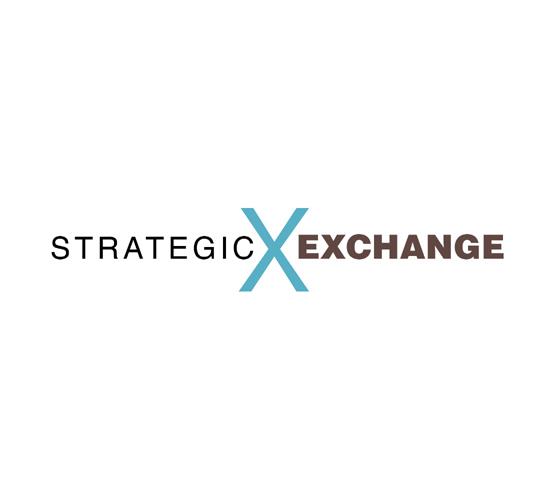Strategic Exchange: LVT Impacts from Regulations on Uyghur-made - April 2023
By Kemp Harr
If you aren’t furious about the criminal behavior taking place in the northwest corner of China, using forced labor and the archaic mercury method to produce cheap PVC resin for LVT flooring bound for the U.S., it’s most likely because you are unaware. But let’s get back to that in a minute.
When this issue first came to light in the latter part of 2021, the U.S. government reacted quickly, and President Biden signed the Uyghur Forced Labor Prevention Act (UFLPA) on December 23, 2021, an act that is designed to stop the flow of goods of any products made using PVC from the Uyghur (pronounced “we-gar”) Province of China into the U.S. When signed, the law gave importers six months to correct their supply chain issues and start collecting the required documentation to prove through chain of custody that the PVC used to produce their products didn’t come from the Uyghur region.
Based on the fact that over 10% of the world’s supply of PVC comes from that region, most of the major LVT brands here in the U.S. have had to adjust their sourcing practices to ensure that they aren’t an unknowing customer and, therefore, contributor to these forced-labor and highly pollutant practices going on in the Uyghur region. We also understand that PVC from that region is the cheapest in the world, providing incentive for turning a blind eye.
The way the UFLPA law was written, the onus is on the importer to prove the PVC used to make the finished product didn’t come from the Uyghur region. Now that the grace period has expired for getting the required documentation to prove PVC sourcing, the U.S. Customs and Border Protection (CBP) is holding containers in bonded warehouses and researching the 100+ pages of traceability documents (written in Chinese and English) in an attempt to stop all products made with Uyghur PVC. Bonded warehouse space is running out, and several of the new collections launched during the winter markets are not going to be available to ship on time.
Companies whose containers are held up at the port by the CBP have three remedies: ship it back, destroy it or protest. Some companies with strong relationships at the ports are reporting their competitors for potential violations, which further confuses the CBP officials. At this point, only containers for finished goods out of China have been held up, but there is new concern that products produced in Vietnam will soon be subject to the same raw material chain of custody scrutiny.
PULLING BACK THE CURTAIN
As I mentioned in the first paragraph, there is, as Paul Harvey would say, “the rest of the story.” Xinjiang, known in the English-speaking world as East Turkestan, is in northeast China and has been part of the People’s Republic of China (PRC) since the Chinese civil war in 1949. The region’s unrest comes from conflict between the PRC and the predominantly Muslim Uyghurs, who are forced to work under horrible conditions for very little compensation.
According to a report published last year by researchers at Sheffield Hallam University, the latest industrial focus for the region has been the production of PVC resins by two state-owned factories that produce a combined 4.12 million tons per year. The top export application for resin produced in these plants is luxury vinyl floorcovering.
In addition to the forced labor atrocity, the PVC production at these two factories uses the coal-mercury method, which has been phased out of PVC production in the U.S. and generates more lethal waste than any other method. According to the Sheffield report, PVC from Xinjiang is so inexpensive that in 2022, it was used in 25% of all the LVT sold in the U.S. For more detailed information, I invite you to read Sheffield’s report, published in June of last year.
One has to wonder how the U.S. floorcovering business got caught up in all of this controversy? In the last three weeks, I’ve read consumer articles published by two objective news organizations-Fast Company and The Intercept-and they certainly do not position some of the actions by our industry in a positive light. How will the consumer react? If you are a retailer or contract dealer who cares about the health of this planet and the freedom of those who inhabit it, how can you make certain you aren’t indirectly funding these atrocities? Like I said at the beginning, you may not have known what your dollars were supporting previously, but now that you do, it’s time to draw a line in the sand.
It would be irresponsible to focus our anger about this situation on an entire nation. Let’s not forget that the LVT category was developed and refined in China, and it is thanks to their ingenuity that this category has grown as quickly as it has. There are family-owned companies in China that care as much for their employees, the environment and the health of their consumers as any company here in the U.S. The crimes in the Uyghur region can’t be swept under the rug, but they also are not representative of every company and factory in China.
If you have any comments about this month’s column, you can email me at kemp@floorfocus.com.
Copyright 2023 Floor Focus
